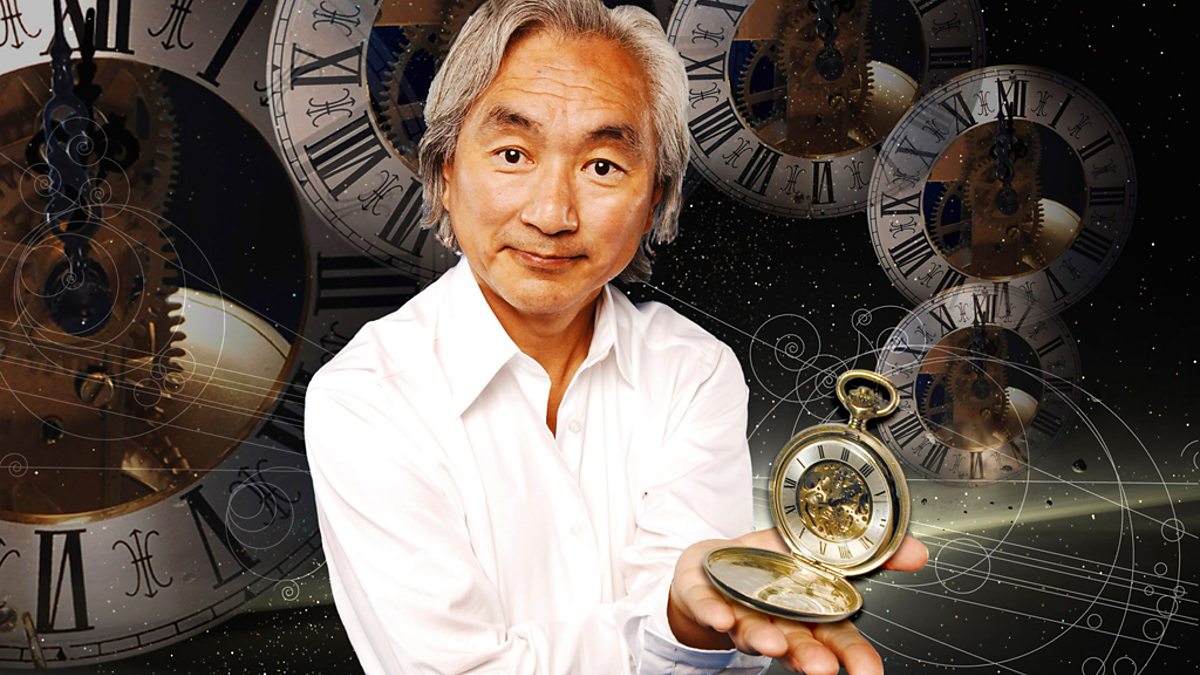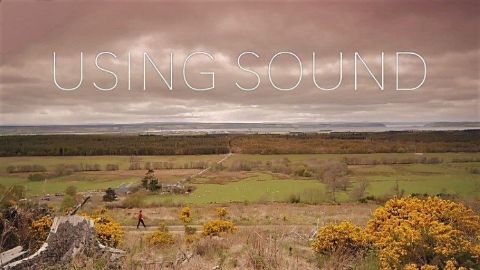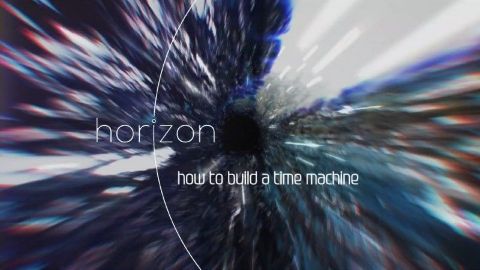Cosmic Time
• 2006
• episode "S1E4"
• BBC: Time
Category:
Physics
| Torrent:
| Subtitle:
We've always structured our lives based on an unchanging past and a predictable and ordered future. But atomic and cosmic discoveries have changed all that. What is time itself? And will it ever end?
Make a donation
Buy a brother a hot coffee? Or a cold beer?
Hope you're finding these documentaries fascinating and eye-opening. It's just me, working hard behind the scenes to bring you this enriching content.
Running and maintaining a website like this takes time and resources. That's why I'm reaching out to you. If you appreciate what I do and would like to support my efforts, would you consider "buying me a coffee"?
Donation addresses
buymeacoffee.com
patreon.com
BTC: bc1q8ldskxh4x9qnddhcrgcun8rtvddeldm2a07r2v
ETH: 0x5CCAAA1afc5c5D814129d99277dDb5A979672116
With your donation through, you can show your appreciation and help me keep this project going. Every contribution, no matter how small, makes a significant impact. It goes directly towards covering server costs.









